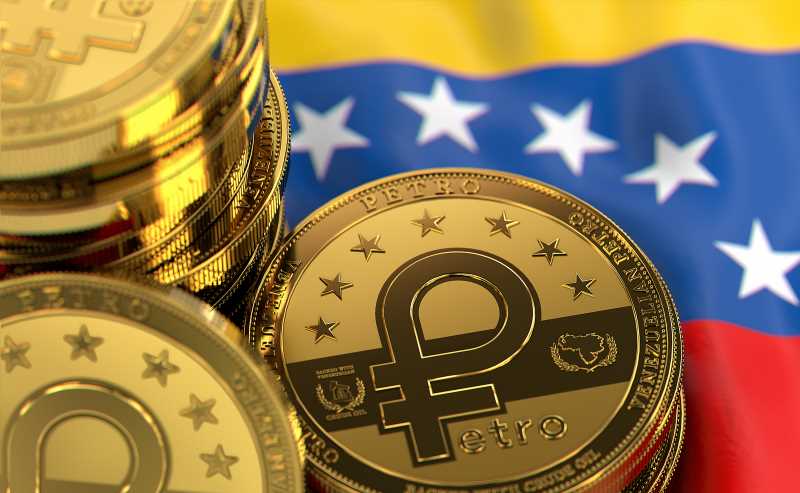Venezuela has taken quite a bold and appreciable initiative by announcing to help out the poverty-stricken class of the country. Ildemaro Villarroel, who happens to be Venezuelan Habitat and Housing minister, updated the news outlets and also went forth to mention that this latest cryptocurrency, Petro, will be backed by the oil production. Basically, the government is not aiming at providing one apartment solution to these poor people. In fact, they aim to go forth and build villas for them.
Telesur, a news outlet, mentioned that these villas will be built and financed under the La Gran Mision Vivienda Venezuela housing project, which has an aim to offer a decent and accessible housing solution to the deserving families. This clearly shows how motivated the government is to solve the homelessness and how deeply they believe in the sheer potential of cryptocurrencies.
The housing minister also mentioned that as of yet, almost 33 companies are carrying out discussions and development plans with the government in terms of technology, finances, and logistical validation. The sheer utilization of digital currencies and blockchain technology will help the government conduct a transparent and well-recorded funding phase, as Petro tokens.
The aforementioned local news agency also mentioned that the government has approved roughly $750,000 and 909,000 Petro tokens in order to initiate this mighty project, which aims to set an example for the rest of the World, governments in particular. Since the asset is backed by oil production, the volatility is significantly reduced and acts as a protecting shield as well, thus attracting an array of potential investors to boost up the commercial scale of the project.
The Petro
Venezuela understands that it needs a serious inflow of investment in order to make its currency a success and ultimately, raise money to fund the project and this is why the government has been trying to add an array of use cases to pump the demand. For instance, the relevant authorities were planning (earlier this year) to charge Petros for all exports. Moreover, it also offered India to waive off 30% crude oil price if it agreed to pay in the native currency, but Indians rejected the offer for obvious reasons. But it is worth mentioning that the country’s leading newspaper published that one of the core members of Venezuelan blockchain observatory said that the impact of this young currency would be quite imminent in the next 3 to 6 months. However, we are yet to see any futuristic and far-fetched measures in this regard.
Contrary to this, the country’s think tank has taken the currency quite resistively and claimed that it puts down the legit cryptos in the market. They also went further to mention that this asset was initially launched by the government in order to bypass International sanctions. But if you look at the whitepaper, it explicitly claims that the sole aim happens to be tax payment, fee collection and carrying out more public service projects.
Featured image via BigStock.
Source: Read Full Article
